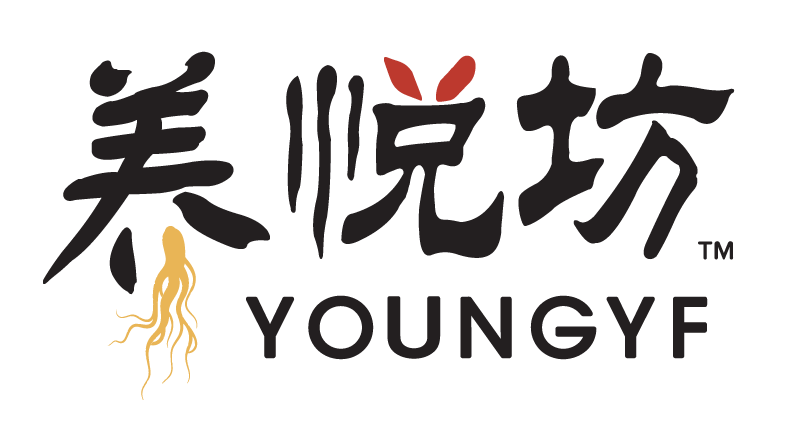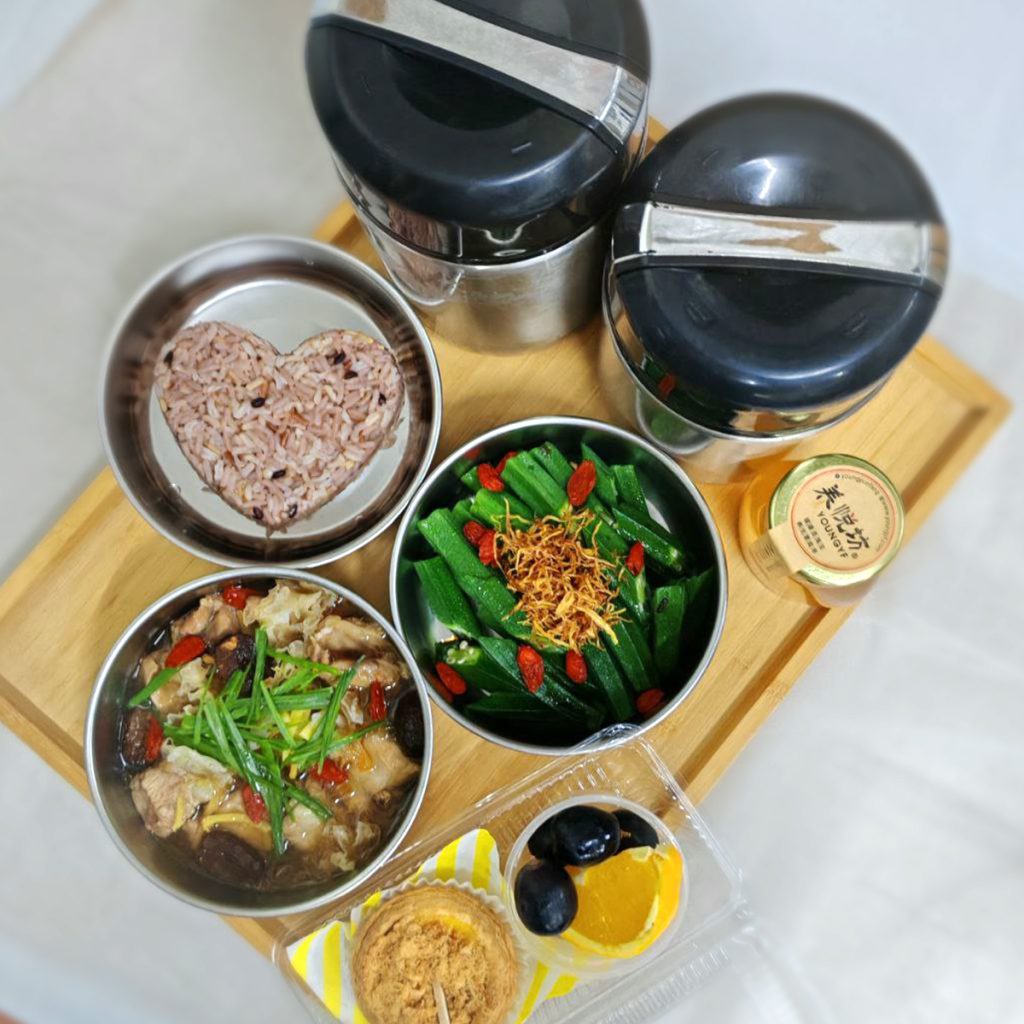
CONFINEMENT MEAL
Confinement meals are specialized meals designed to support postpartum recovery for new mothers. They are rich in nutrients, easy to digest, and are believed to help with healing, boost milk production (for breastfeeding mothers), and provide emotional comfort during the recovery period after childbirth.
Confinement meals are a vital part of postpartum care, providing the necessary nutrients and support for a mother’s physical and emotional recovery.
Why should we get on board?
- Nutrient-rich:Confinement meals are packed with essential nutrients like protein, iron, calcium, folic acid, and vitamins that aid in tissue repair, boost energy, and support overall health.
- Lactation support:Specific ingredients in confinement meals are known to promote milk production for breastfeeding mothers.
- Easy to digest:The meals are often prepared using methods that are gentle on the digestive system, which can be weakened after childbirth.
- Cultural traditions:Confinement meals are a significant part of postpartum practices in many Asian cultures, including Chinese, Malay, Indian, and Indonesian communities.
- Warm and comforting:Many confinement meals emphasize warm or “heaty” foods, believed to help restore balance and warmth to the body after childbirth.
EXAMPLES OF INGREDIENTS USED IN CONFINEMENT MEALS:

Ginger
Known for its warming properties and ability to aid in postpartum recovery.
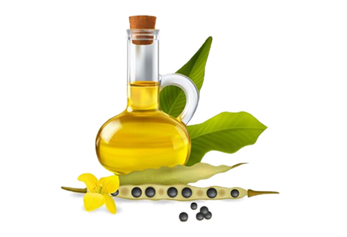
Sesame Oil
Traditionally used to nourish the body and aid in healing.
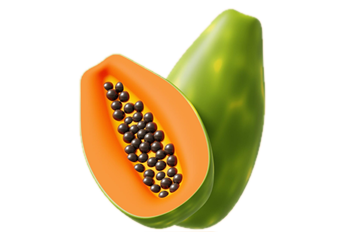
Papaya
Believed to promote lactation.
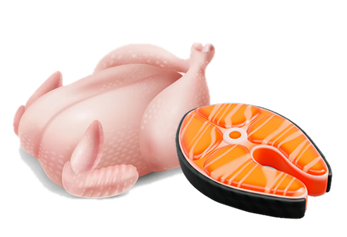
Fish & Chicken
Rich in protein and essential nutrients for both mother and baby.
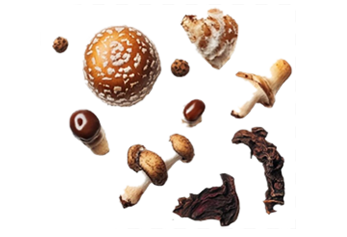
Chinese Herbs
Often used in herbal soups to address specific needs of new mothers.
FREQUENTLY ASKED QUESTIONS
What is the purpose of confinement meals?
Confinement meals aim to help mothers recover physically and mentally after childbirth. They provide essential nutrients to replenish lost energy and blood, promote healing, and support lactation (if breastfeeding). The focus is on easily digestible, nutrient-dense foods that aid in recovery.
What Food to Avoid During Confinement?
Keep in mind that not all food is good for confinement. There are some food items that new mothers should avoid during this postpartum period because these foods can lead to symptoms of inflammation or suppression of lactation. Take note of the following 4 ‘No-s’, and you can rest assured and maintain a healthy diet.
Do not eat cool-natured food, such as ice cream, ducks, watermelons, pears, mung beans, and so on.
Do not eat high-fat foods, such as deep-fried foods, cakes, and desserts.
Do not eat lactation-suppressing foods, including ginseng, Chinese chives, and malt.
Do not eat spicy and overly-stimulating foods, such as chili and alcohol.
Why can't I eat spicy food during confinement?
It’s generally recommended to avoid or limit spicy food during confinement, especially if breastfeeding, because it can cause digestive discomfort for both the mother and potentially affect the baby. While there’s no strong scientific evidence that spicy foods directly harm the baby, they can cause discomfort for the mother, and some flavors can transfer into breast milk, potentially affecting the baby.
What foods are typically included in confinement meals?
Confinement meals often include a variety of nutrient-rich foods like:
Protein:
Chicken, fish, pork, and tofu are common sources of protein for muscle repair and tissue regeneration.
Vegetables:
Dark leafy greens, root vegetables, and other nutrient-rich vegetables are included for vitamins, minerals, and fiber.
Grains:
Brown rice and whole-grain bread provide sustained energy and fiber.
Herbs and spices:
Ginger, black vinegar, and other warming herbs and spices are often used to aid digestion and blood circulation.
Lactation-promoting foods:
Green papaya, fenugreek, and brewer’s yeast may be included to support milk production.
How long should confinement meals be followed?
The duration of the confinement period varies by culture and individual preference, but it typically lasts for 30 to 40 days after childbirth. Some mothers may choose to extend the period for a longer duration to fully recover.
Can I mix different cultural cuisines in my confinement diet?
Yes, many mothers enjoy a mix of dishes from different cultural traditions. The key is to ensure the meals are nourishing, promote recovery, and are suitable for the individual’s dietary needs and any specific restrictions.
How are confinement meals typically delivered?
Confinement meals are often delivered in food-grade containers, with liquids properly sealed to prevent spillage. Some providers offer lunch and dinner deliveries, while others may offer a combination of both.
Why is confinement food important?
It is designed to provide the necessary nutrients and energy required for recovery after childbirth, and as such, the ingredients used in confinement food recipes are carefully selected to support the healing process, boost lactation for breastfeeding mothers, and provide emotional comfort during this crucial phase.
